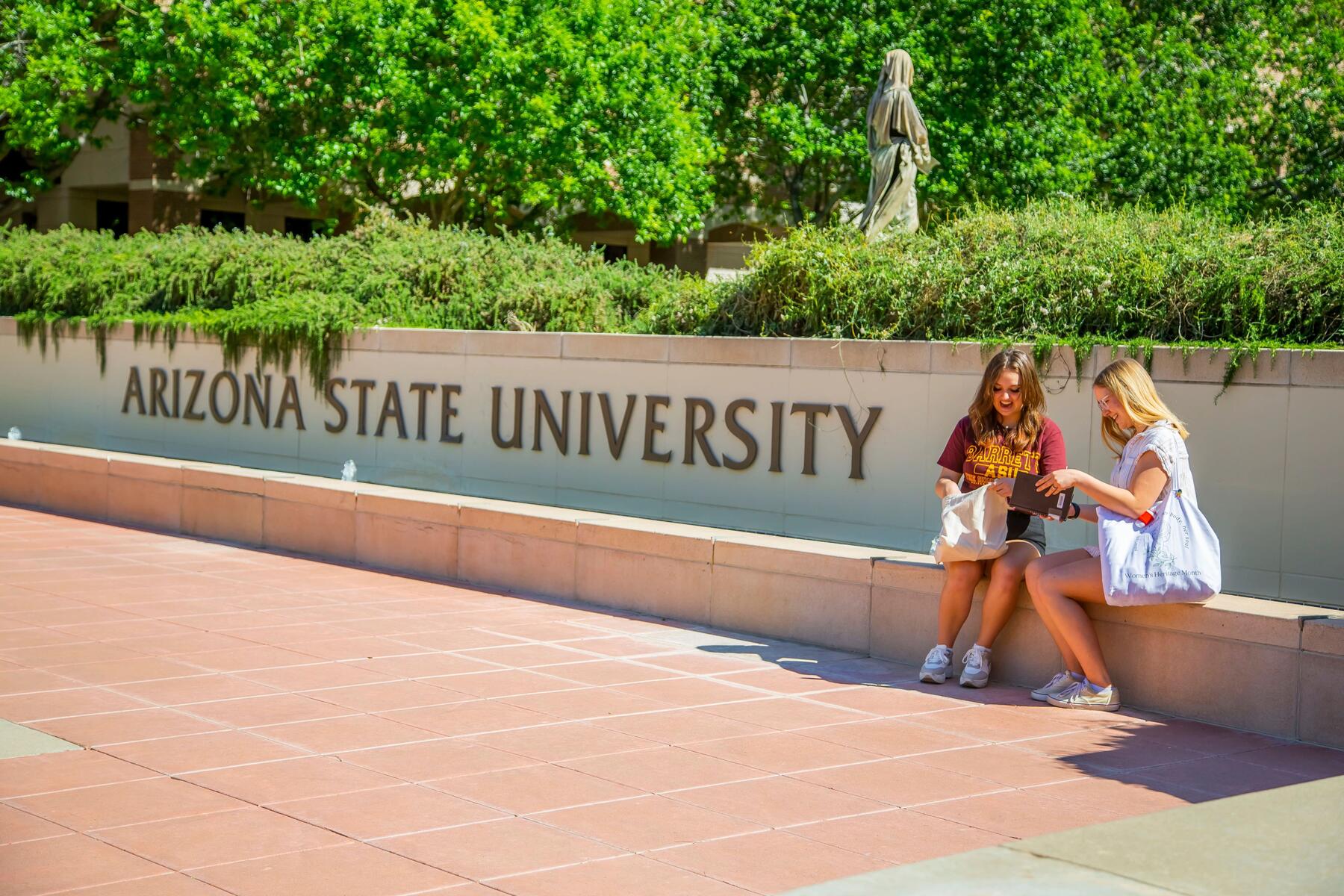During the 15-week course, students identify specific challenges related to homelessness, devise solutions and create an app prototype for the community. Effective prototype design hinges on understanding coding basics.
The course, which is supported by Apple’s Community Education Initiative, uses Apple’s Swift Playgrounds software to help students learn app development.
“It’s crucial for students to engage in building apps that offer practical solutions,” Hayter said. “It not only enhances their learning but also deepens their understanding of real-world issues,” Hayter said.
In addition to connecting students with community organizations, Hayter and co-instructor Spiro Maroulis launched the Public Value Technology Accelerator (PVTA) to extend the course resources, which includes project management training, access to subject matter and technical experts and additional coaching. These resources offer students the technology to bring their prototypes from design to deployment.
“As educators, we strive to bridge theory and practice,” said Maroulis, associate professor and interim director at the School of Public Affairs. “This project isn’t just about app development — it’s about equipping our students with the tools and opportunities to excel in and out of the classroom.”
The 2022-23 academic year marks the third year this course has been offered by Watts College of Public Service and Community Solutions, and the second year for PVTA.
Hayter and Maroulis's leadership led to cross-college collaborations with Ira A Fulton College of Engineering, engaged students in and with the community, and connected students across disciplines to discover technology’s potential to meet community needs.
This programming is part of the Swift Community Playground initiative at ASU, a larger initiative that aims to amplify opportunities for diverse students to innovate, code with Apple’s Swift programming language and contribute to community solutions by connecting efforts across the university. ASU Swift Community Playgrounds is led by ASU Enterprise Technology.
Mobile Health Connect will soon be available on the iOS App Store.
“Building this app, especially with all the experiences I got out of the course, has been a game-changer for me,” Ashkenazi said. “It’s allowed me to see the bigger picture, to play a part in solving real-world issues and prepare for a future where I can merge technology with purpose.”

